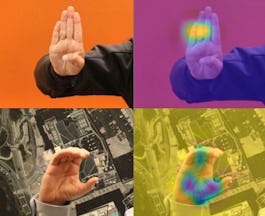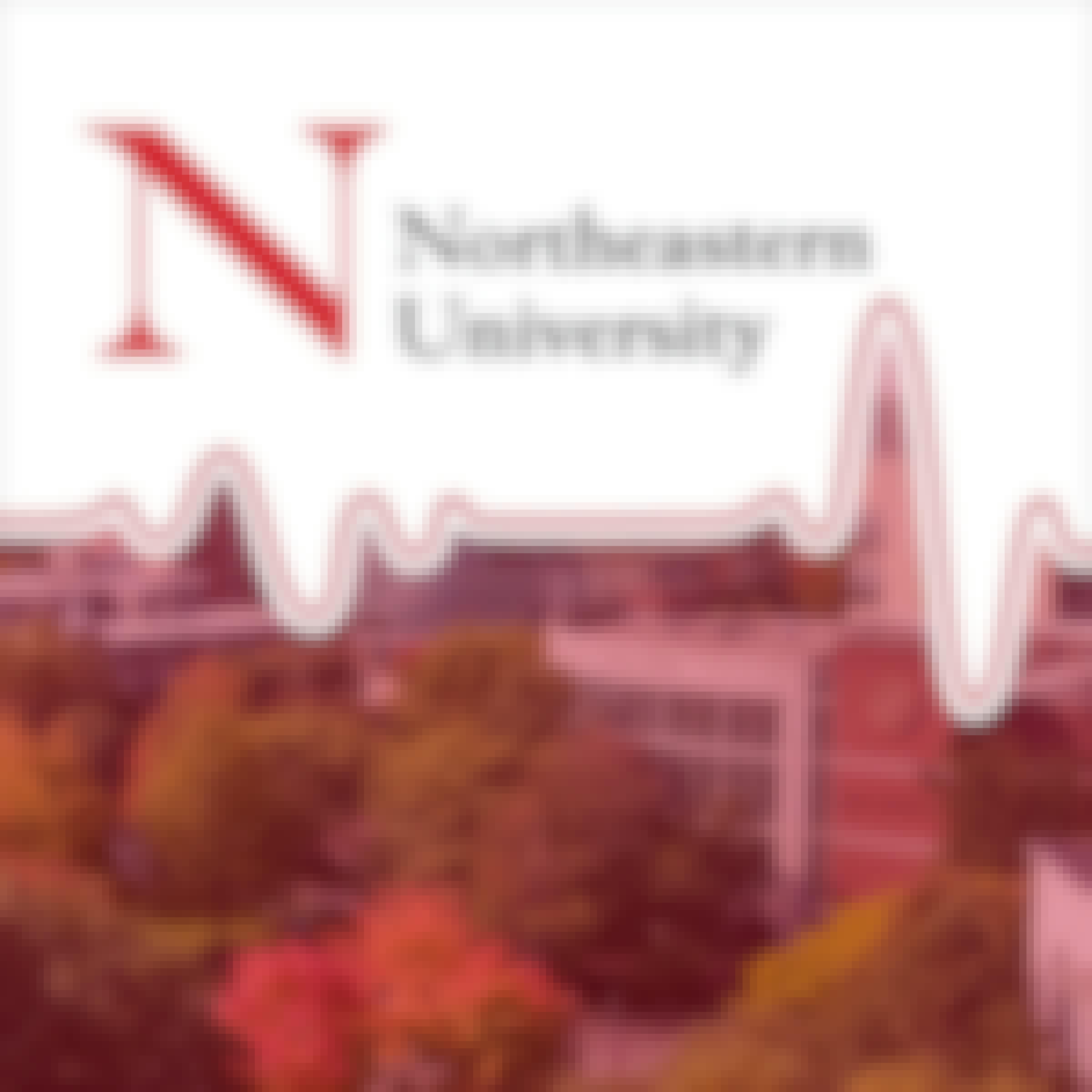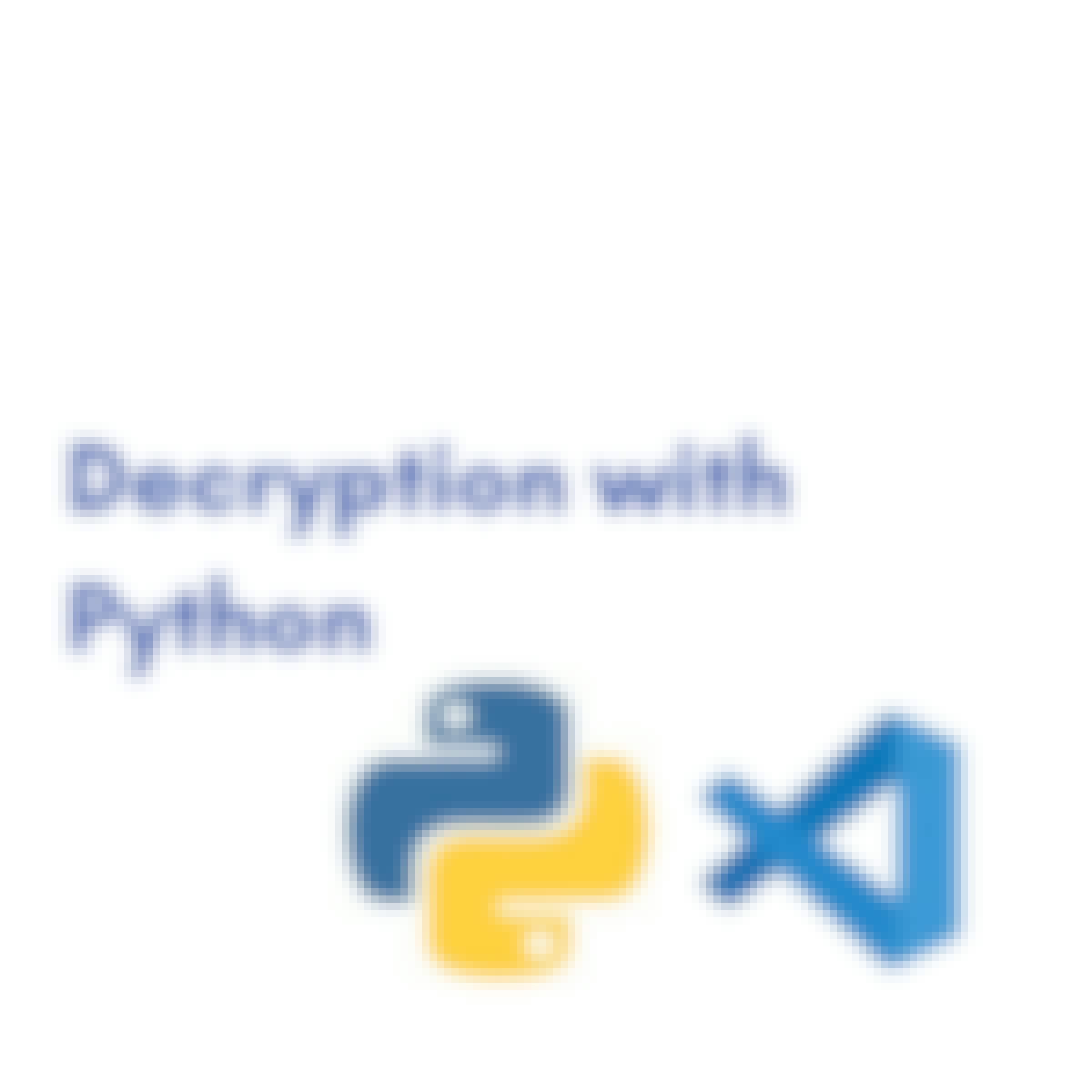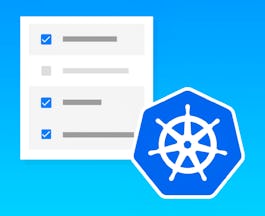Filter by
The language used throughout the course, in both instruction and assessments.
Results for "git+(software)"

University of Amsterdam
Skills you'll gain: Probability & Statistics, Statistical Tests, General Statistics, Correlation And Dependence, R Programming, Regression, Statistical Programming, Experiment

University of California San Diego

Google Cloud

Skills you'll gain: Computer Vision, Deep Learning, Matlab

University of California San Diego
Skills you'll gain: Algorithms

Universidad de Palermo

Northeastern University
Skills you'll gain: Data Analysis, Data Visualization

Coursera Project Network
Skills you'll gain: Cryptography, Python Programming
 Status: Free
Status: FreeUniversity of Maryland, College Park
Skills you'll gain: Business Analysis, Communication, Entrepreneurship, Leadership and Management, Strategy, Strategy and Operations, Data Analysis, Decision Making, Design and Product, Market Analysis

University of Colorado Boulder
Skills you'll gain: Security Strategy, Communication, Problem Solving

The Hong Kong University of Science and Technology
Skills you'll gain: Strategy and Operations, Strategy, Critical Thinking, Design and Product, Innovation, Marketing, Brand Management, Sales, Entrepreneurship, Leadership and Management, Business Development, Product Design, Product Development, Product Management, Product Strategy, Research and Design
Searches related to git+(software)
In summary, here are 10 of our most popular git+(software) courses
- Inferential Statistics: University of Amsterdam
- Molecular Evolution (Bioinformatics IV): University of California San Diego
- Getting Started with Google Kubernetes Engine - Italiano: Google Cloud
- Introduction to APIs in Google: Google Cloud
- Introduction to Deep Learning for Computer Vision: MathWorks
- Finding Mutations in DNA and Proteins (Bioinformatics VI): University of California San Diego
- Gestión de Ingresos: Universidad de Palermo
- Healthcare Information Design and Visualizations: Northeastern University
- Decryption with Python: Coursera Project Network
- Cómo combinar y analizar datos complejos: University of Maryland, College Park











